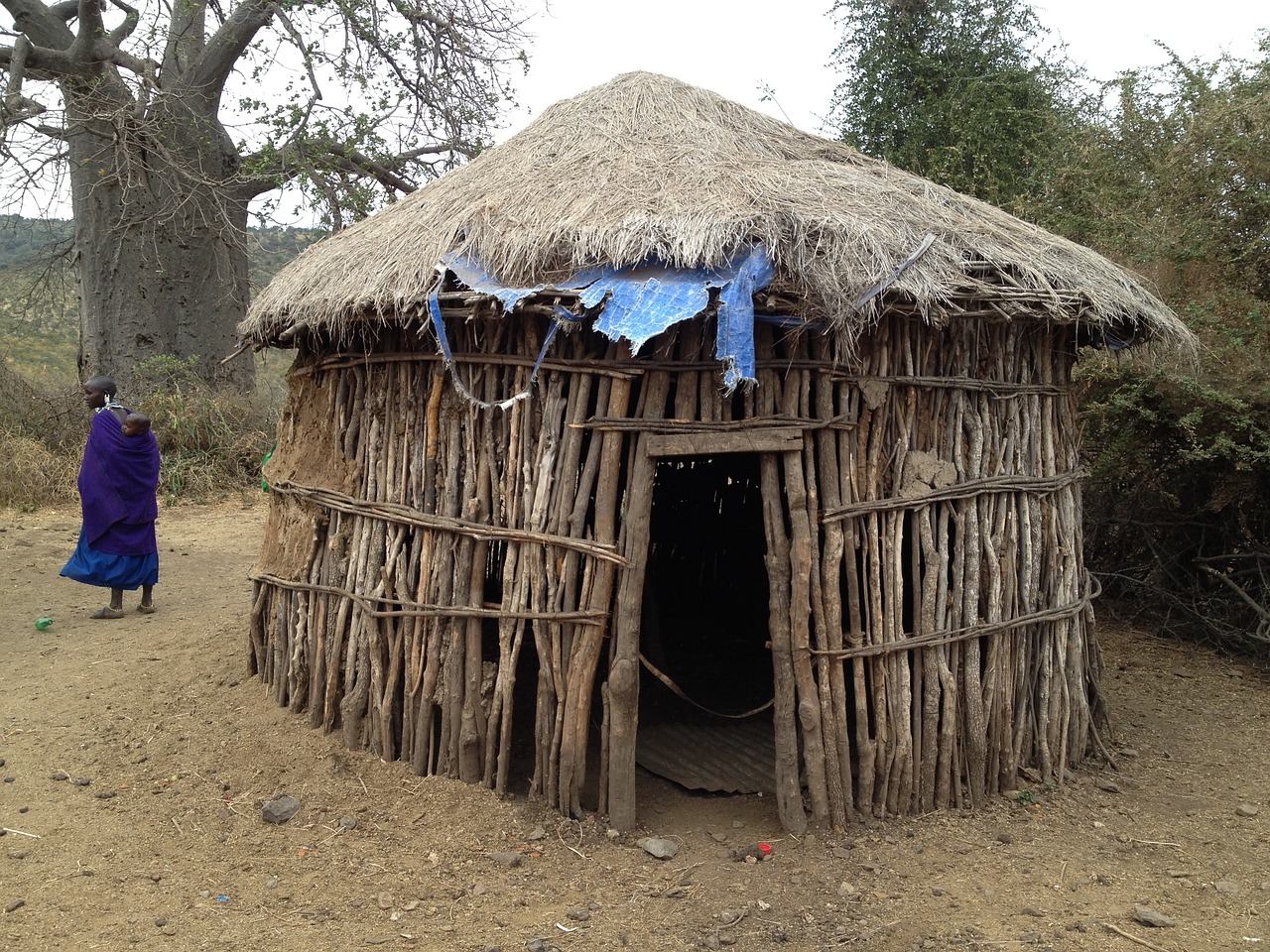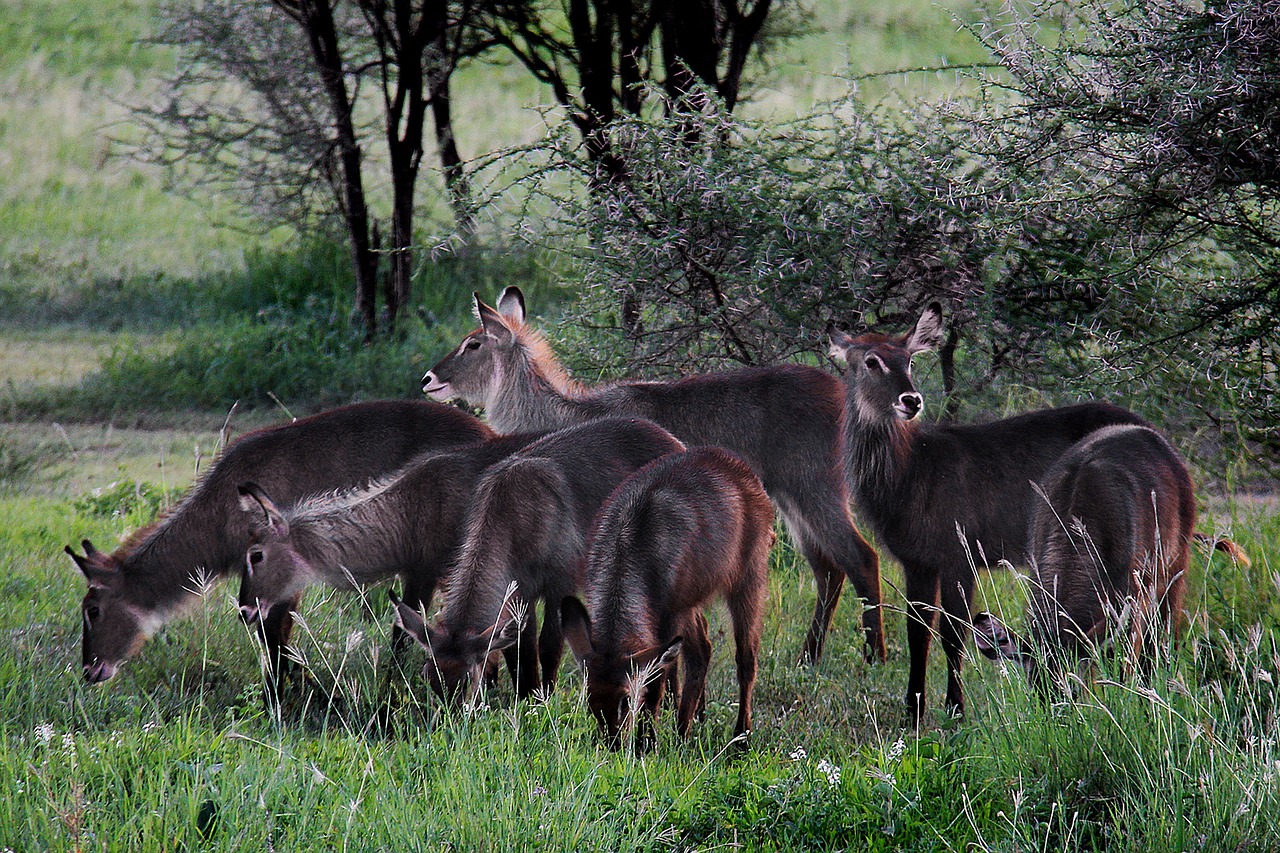Safety Tips for Remote Workers in Tanzania
Remote work has become increasingly popular in recent years, allowing individuals to work from the comfort of their homes or any location of their choice. Tanzania, with its stunning landscapes and vibrant culture, offers a great environment for remote workers. However, it is essential to prioritize safety while working remotely to ensure a productive and secure experience. In this article, we will discuss safety tips specifically tailored for remote workers in Tanzania.
Section 1: Secure Internet Connection
One of the fundamental aspects of remote work is a stable and secure internet connection. When working remotely in Tanzania, it is crucial to ensure that your internet connection is reliable and protected. Here are some tips to achieve a secure internet connection:
- Use a Virtual Private Network (VPN): A VPN encrypts your internet connection, ensuring that your data is secure and protected from potential hackers. Choose a reputable VPN service and connect to it before accessing any sensitive information or logging into work-related platforms.
- Update Your Wi-Fi Router: Regularly update your Wi-Fi router’s firmware to ensure it has the latest security patches. Set a strong and unique password for your Wi-Fi network to prevent unauthorized access.
- Avoid Public Wi-Fi Networks: Public Wi-Fi networks are often unsecured and can be easily compromised. Whenever possible, work from a trusted and secure network, such as your home or a reputable coworking space.
- Enable Two-Factor Authentication: Enable two-factor authentication (2FA) on all your work-related accounts. This adds an extra layer of security by requiring a second verification step, such as a unique code sent to your mobile device, in addition to your password.
Section 2: Physical Security
While working remotely, it is important to prioritize your physical security to safeguard yourself and your belongings. Consider the following tips:
- Choose a Safe Working Environment: Select a secure location to work from, such as a dedicated home office or a coworking space with proper security measures in place.
- Lock Your Devices: Whenever you step away from your workspace, lock your devices to prevent unauthorized access. Set up strong passwords or use biometric authentication methods, such as fingerprint or facial recognition.
- Secure Important Documents: Keep physical copies of important documents, such as passports or work contracts, in a safe place. Consider using a locked drawer or a secure document storage solution.
- Be Aware of Your Surroundings: Stay vigilant and aware of your surroundings, especially when working in public spaces. Avoid displaying valuable items that may attract unwanted attention.
Section 3: Data Security
Tanzania Image 1:

Protecting your data is crucial, especially when working remotely. Follow these tips to ensure the security of your data:
- Regularly Backup Your Data: Create regular backups of your work-related files and documents. Consider using cloud storage services or external hard drives to keep your data safe in case of device failure or loss.
- Use Strong and Unique Passwords: Set strong and unique passwords for all your work-related accounts. Avoid using easily guessable passwords and consider using a password manager to securely store your login credentials.
- Encrypt Sensitive Data: If you handle sensitive information, consider encrypting it to protect it from unauthorized access. Encryption ensures that even if someone gains access to your files, they cannot read or use the data without the encryption key.
- Beware of Phishing Attacks: Be cautious of suspicious emails, messages, or links that may attempt to steal your login credentials or infect your devices with malware. Avoid clicking on unknown links and verify the legitimacy of any requests for personal or sensitive information.
Section 4: Health and Well-being
Maintaining good health and well-being is essential for remote workers in Tanzania. Consider the following tips to prioritize your physical and mental well-being:
- Establish a Routine: Set a regular work schedule to maintain a healthy work-life balance. Designate specific working hours and ensure you take regular breaks to avoid burnout.
- Create an Ergonomic Workspace: Set up an ergonomic workspace that promotes good posture and reduces the risk of physical strain or injury. Invest in a comfortable chair, an adjustable desk, and proper lighting.
- Stay Active: Incorporate physical activity into your daily routine. Tanzania offers breathtaking natural landscapes, so take advantage of outdoor activities like hiking or swimming to stay active and rejuvenated.
- Practice Self-Care: Take breaks to engage in activities that promote relaxation and self-care. Whether it’s practicing meditation, enjoying a hobby, or spending time with loved ones, prioritize activities that contribute to your overall well-being.
Section 5: Emergency Preparedness
Being prepared for emergencies is crucial, no matter where you work. Follow these tips to ensure you are prepared for unexpected situations:
- Know Emergency Contact Information: Familiarize yourself with the local emergency contact numbers in Tanzania. Keep a list of important contacts, including local authorities, healthcare providers, and your embassy or consulate.
- Research Local Medical Facilities: Identify nearby medical facilities and healthcare providers in Tanzania. Save their contact information and keep a basic first aid kit readily available.
- Stay Informed: Stay updated on local news and weather conditions to be aware of any potential hazards or emergencies. Sign up for local emergency alerts if available.
- Share Your Itinerary: If you plan to travel within Tanzania, share your itinerary with a trusted friend, family member, or colleague. This ensures someone knows your whereabouts in case of an emergency.
Section 6: Cybersecurity Best Practices
Tanzania Image 2:

To enhance your cybersecurity while working remotely in Tanzania, follow these best practices:
- Keep Software Updated: Regularly update your operating system, antivirus software, and other applications to protect against the latest security vulnerabilities.
- Use Secure Communication Channels: When communicating with colleagues or clients, prioritize secure channels such as encrypted messaging apps or secure email services.
- Avoid Suspicious Websites: Be cautious when visiting websites and avoid clicking on suspicious links. Stick to reputable websites and verify the security of the website before entering any personal or sensitive information.
- Be Wary of Social Engineering: Be cautious of social engineering techniques used to manipulate individuals into revealing sensitive information. Avoid sharing personal or work-related details with unknown individuals or over unsecured channels.
Section 7: Cultural Sensitivity
Working remotely in Tanzania offers the opportunity to experience a rich and diverse culture. To ensure respectful interactions, consider the following cultural sensitivity tips:
- Familiarize Yourself with Local Customs: Take the time to learn about Tanzanian customs, traditions, and etiquette. Respect cultural norms and be mindful of your behavior, especially when interacting with locals.
- Dress Appropriately: Observe and respect the local dress code. In more conservative areas, consider dressing modestly to show respect for the local culture and traditions.
- Learn Basic Swahili Phrases: Learning a few basic Swahili phrases can go a long way in fostering positive interactions and showing respect for the local language.
- Be Mindful of Religious Practices: Tanzania is home to various religious communities. Be respectful of religious practices and customs, especially during religious holidays or when visiting places of worship.
Section 8: Transportation Safety
When traveling within Tanzania, it is important to prioritize transportation safety. Follow these tips to ensure safe travels:
- Choose Reliable Transportation Services: Opt for reputable taxi services or rideshare platforms with positive reviews. Ensure the vehicle is in good condition and the driver has proper identification.
- Use Licensed Tour Operators: If you plan to explore Tanzania’s natural wonders or go on safaris, book tours with licensed and reputable operators. Verify their credentials and read reviews from previous customers.
- Practice Defensive Driving: If you rent a car or drive in Tanzania, adhere to traffic rules, and practice defensive driving. Be cautious of road conditions and be aware of pedestrians and wildlife.
- Secure Your Belongings: When using public transportation or visiting crowded areas, keep your belongings secure. Use bags with zippers or locks and avoid displaying valuable items.
Section 9: Health and Safety Regulations
Tanzania Image 3:

Understanding health and safety regulations in Tanzania is essential for remote workers. Consider the following tips:
- Research Local Healthcare: Familiarize yourself with the healthcare system in Tanzania. Identify nearby hospitals, clinics, and pharmacies in case you need medical assistance.
- Observe COVID-19 Guidelines: Stay informed about the latest COVID-19 guidelines and regulations in Tanzania. Follow recommended safety measures, such as wearing masks, practicing social distancing, and washing hands regularly.
- Stay Hydrated: Tanzania’s climate can be hot and humid. Stay hydrated by drinking plenty of water throughout the day, especially if you are working outdoors or engaging in physical activities.
- Take Precautions Against Mosquitoes: Tanzania is known for its diverse wildlife, including mosquitoes that may carry diseases like malaria. Take precautions by using mosquito repellent, wearing long sleeves and pants, and staying in accommodations with proper mosquito netting.
Conclusion
Working remotely in Tanzania offers a unique opportunity to experience the country’s natural beauty and vibrant culture. By prioritizing safety measures, such as securing your internet connection, protecting your physical and data security, and maintaining good health and well-being, you can have a productive and enjoyable remote work experience. Remember to stay informed about local regulations and customs, and always prioritize your safety and the safety of those around you.
References
– tanzaniatourism.go.tz
– cdc.gov/travel
– who.int
– travel.state.gov

